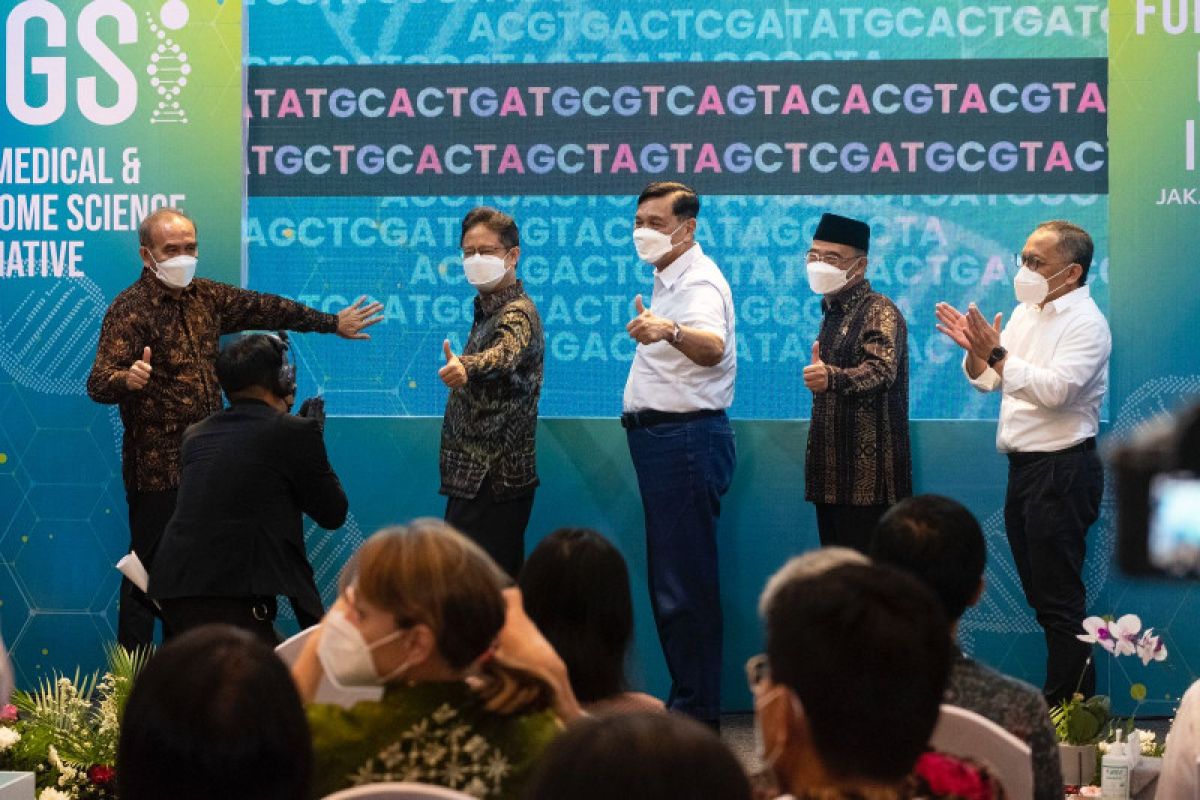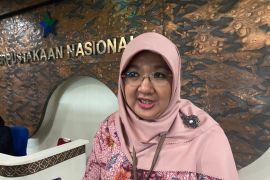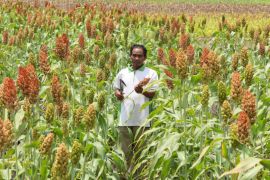This technology is very important for the people's health in futureJakarta (ANTARA) - The Health Ministry unveiled the Biomedical and Genome Science Initiative (BGSi) as the first national initiative to detect potential diseases in future.
"This technology is very important for the people's health in future," Health Minister Budi Gunadi Sadikin noted through a written statement on Sunday.
"Through this genome sequencing biotechnology, the capability to identify the source of the disease and cure them will be more accurate and personal," he remarked.
After the unveiling of BGSi at the Dr. Cipto Mangunkusumo Hospital's (RSCM's) Eijkman Building, he noted that this program aims to develop more accurate medication for the people.
"This is done by relying on technology that gathers genetic or genome information from humans and pathogens, such as virus and bacteria, called whole genome sequencing or WGS," he explained.
The development of this WGS aligns with biotechnology transformation in biosurveillance activity and health service aimed at improving pathogen detection and medication, Sadikin noted.
Earlier, the WGS method was utilized and played an important role in COVID-19 mitigation in Indonesia, he highlighted.
"The benefit is that we know for sure how to diagnose and treat it. For instance, coughing, while it has similar symptoms, the disease can be different for everyone," he stated.
"With this BGSi, we can identify their disease more quickly, so that we can immediately treat it," he added.
Through BGSi, the WGS method will be utilized for research in medication development in six other primary disease categories: cancer, infectious diseases, brain and neurodegenerative diseases, metabolic diseases, genetic disorders, and aging.
BGSi is implemented in seven vertical hospitals: RSCM, National Brain Center Hospital (RS PON), Sulianto Saroso Hospital, Persahabatan Hospital, Dharmais Cancer Hospital, Sardjito Hospital, and I.G.N.G Ngoerah Hospital.
Currently, there are only 12 WGS machines in Indonesia. To support the implementation of BGSi, the ministry adds 48 machines across various national referral hospitals involved in BGSi.
These machines will be complimented with sequencing high-throughput machines capable of processing hundreds of human genome samples per week.
During the period of the next two years, the government aims to collect and analyze 10 thousand human genome sequences for data variant mapping from the Indonesian population having priority diseases that were earlier established.
In connection with this, Coordinating Minister for Human Development and Culture Muhadjir Effendi lauded the unveiling of BGSi.
"We expect that the futuristic initiative will expedite the human development index," he remarked.
Meanwhile, Coordinating Minister for Maritime Affairs and Investment Luhut Binsar Pandjaitan offered encouragement, so that this good initiative can continue to be improved and expanded through cooperation with technology investors from other countries.
Related news: BGS-I to bolster Indonesia's research, health innovation: Minister
Related news: BRIN developing AI for collecting biodiversity genomic data
Related news: Indonesia intensifies genome sequencing to trace BA.4, BA.5 cases
Translator: Wuryanti P, Fadhli Ruhman
Editor: Sri Haryati
Copyright © ANTARA 2022












